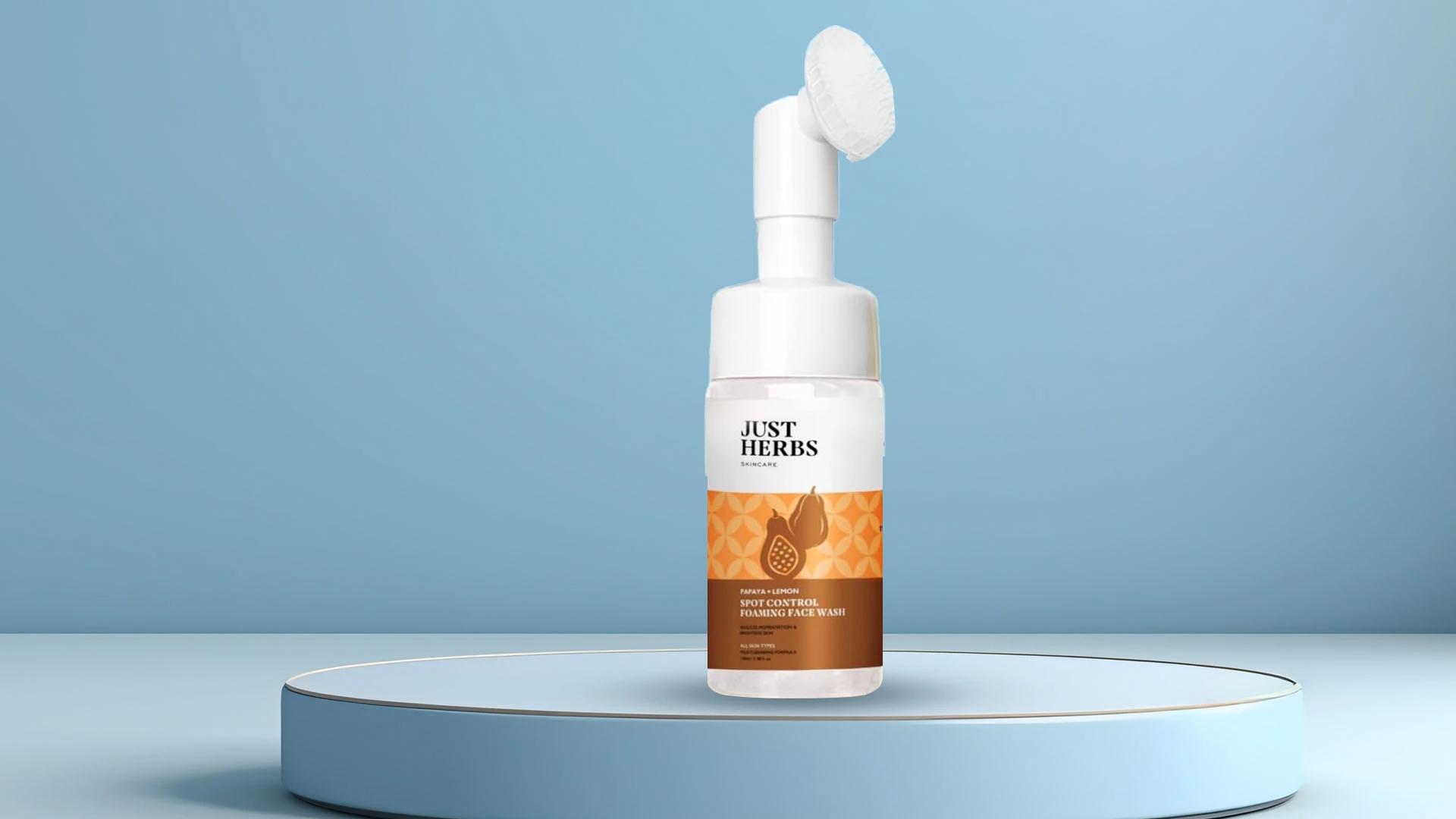formula that can handle more buildup.
Common Mistakes to Avoid When Cleansing Oily Skin
Even with the right product, poor technique can sabotage your results. Over-cleansing is probably the biggest mistake people with oily skin make—washing more than twice daily can actually trigger more oil production. Your skin interprets frequent cleansing as an attack and responds by producing even more sebum to protect itself.
Using water that's too hot strips your skin's natural protective barrier, leading to irritation and potentially more oil production. Lukewarm water is your best bet for effective cleansing without damage.
Skipping moisturiser after cleansing is another common error. Even oily skin needs hydration to maintain its barrier function. Choose a lightweight, oil-free moisturiser to keep your skin balanced and healthy.
How to Use Face Wash Effectively for Oily Skin
Proper technique maximises your cleanser's effectiveness and prevents skin irritation. Start by wetting your face with lukewarm water, then apply a small amount of cleanser to your palms. Gently massage the product onto your face in circular motions for about 30 seconds, paying extra attention to oily areas like your T-zone.
Rinse thoroughly with lukewarm water, ensuring no residue remains around your hairline or jawline. Pat your face dry with a clean towel—never rub, as this can irritate your skin and potentially spread bacteria.
For most people with oily skin, cleansing twice daily is sufficient. Morning cleansing removes overnight oil buildup, whilst evening cleansing eliminates the day's accumulation of dirt, oil, and pollution.
Frequently Asked Questions
Can using a face wash make my oily skin worse?
Yes, using the wrong cleanser or over-cleansing can actually increase oil production. Harsh formulas can strip your skin's natural barrier, causing it to produce more sebum to compensate. Stick to gentle, pH-balanced cleansers designed for oily skin.
How often should I wash my face if I have oily skin?
Twice daily is typically ideal for oily skin—once in the morning and once at night. Over-cleansing can trigger increased oil production, so resist the urge to wash more frequently even if your skin feels oily throughout the day.
Is it necessary to use a toner after face wash for oily skin?
Whilst not strictly necessary, a good toner can help remove any remaining traces of cleanser and provide additional oil control. Look for alcohol-free formulas with ingredients like salicylic acid or niacinamide.
Can natural or DIY face washes be effective for oily skin?
Some natural ingredients can be helpful, but DIY cleansers often lack the proper pH balance and concentration of active ingredients found in formulated products. They might also introduce bacteria or cause irritation if not prepared properly.
Should I use different face washes for day and night?
Most people with oily skin can use the same cleanser morning and evening. However, if you wear heavy makeup or sunscreen, you might want a stronger cleanser at night and a gentler one in the morning.
Final Thoughts
Finding the right face wash for oily skin is all about understanding your specific needs and being patient with the process. The perfect cleanser should leave your skin feeling clean and balanced, not tight or stripped. Remember that consistency is key—give any new product at least 4-6 weeks to show its true effects.
Don't be afraid to experiment with different formulations until you find your perfect match. What works for your friend might not work for you, and that's completely normal. Your skin is unique, and it deserves a routine that's tailored specifically to its needs. Keep it simple, be gentle, and focus on products that support your skin's natural balance rather than fighting against it.

 150 ml
150 ml